Exploring the Literary Landscape of "It Ends With Us": A Review of Scholarly Articles
Related Articles: Exploring the Literary Landscape of "It Ends With Us": A Review of Scholarly Articles
Introduction
In this auspicious occasion, we are delighted to delve into the intriguing topic related to Exploring the Literary Landscape of "It Ends With Us": A Review of Scholarly Articles. Let’s weave interesting information and offer fresh perspectives to the readers.
Table of Content
Exploring the Literary Landscape of "It Ends With Us": A Review of Scholarly Articles
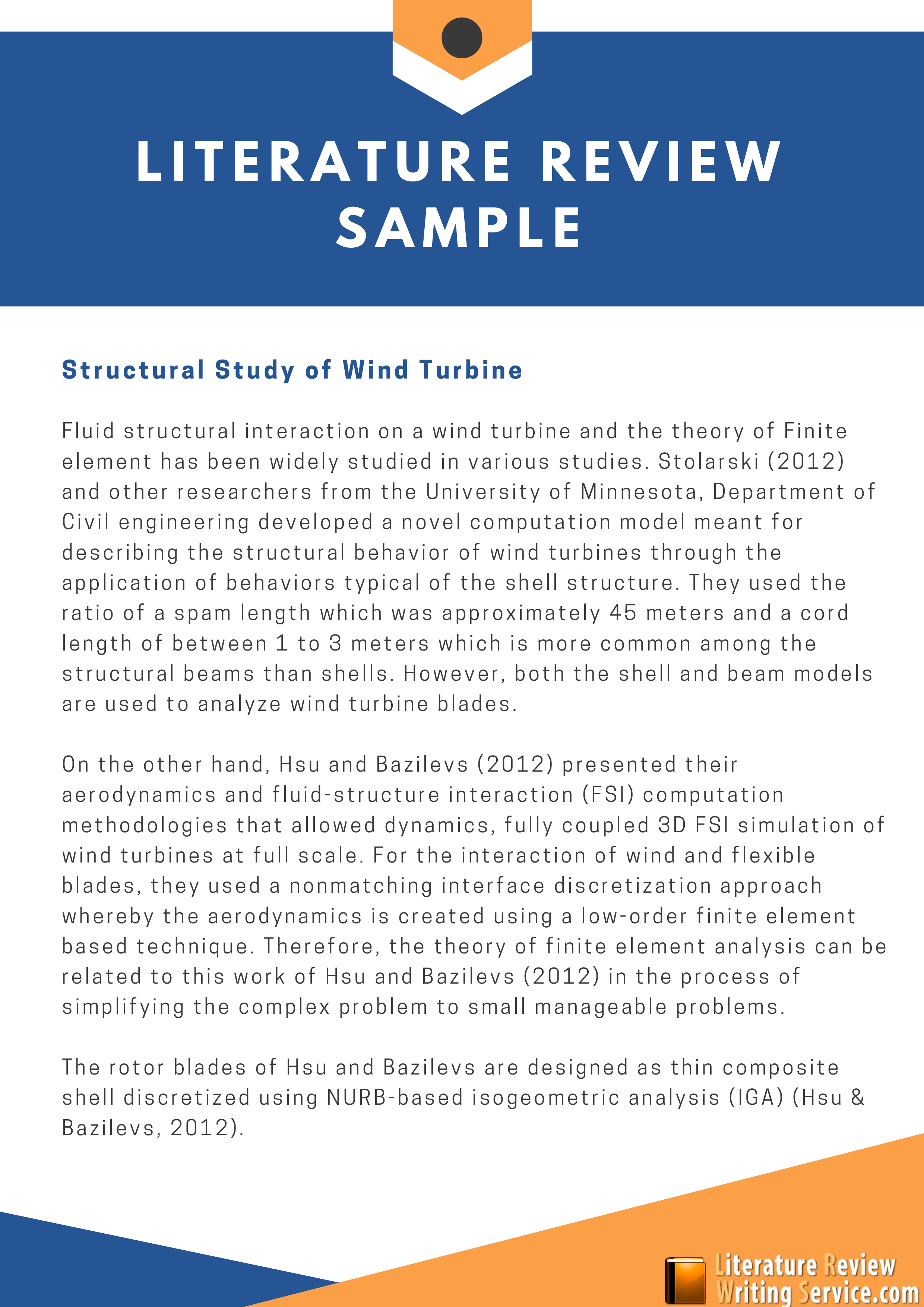
Colleen Hoover’s "It Ends With Us" has captivated readers worldwide, sparking discussions about love, trauma, and the complexities of human relationships. This novel’s immense popularity has naturally led to a growing body of scholarly work examining its themes, narrative strategies, and cultural impact. This article delves into the existing scholarly discourse surrounding "It Ends With Us," analyzing key insights from various academic perspectives.
The Power of Storytelling: Examining the Narrative Strategies of "It Ends With Us"
One area of scholarly focus centers on the novel’s narrative structure and its effectiveness in conveying complex emotional themes. Scholars analyze Hoover’s use of multiple perspectives, particularly the alternating chapters from Lily’s and Atlas’s viewpoints. This technique allows readers to experience the story from different angles, providing a nuanced understanding of the characters’ motivations and inner struggles.
- Interweaving Perspectives: Scholarly articles often explore how the alternating perspectives contribute to the novel’s emotional impact. The juxtaposition of Lily’s experiences with Ryle, characterized by possessiveness and control, with her memories of Atlas, embodying freedom and kindness, creates a powerful contrast that highlights the different forms of love and the consequences of unhealthy relationships.
- Building Suspense and Empathy: The use of flashbacks and foreshadowing is another narrative strategy that scholars analyze. These techniques create suspense, keeping readers engaged and encouraging them to anticipate the characters’ fates. Additionally, the exploration of Lily’s past trauma, particularly her relationship with her father, allows readers to empathize with her struggles and understand the underlying reasons for her choices.
Exploring the Themes of Love, Trauma, and Healing
Beyond the narrative structure, scholarly articles delve into the novel’s exploration of complex themes. "It Ends With Us" tackles issues such as domestic abuse, mental health, and the transformative power of love and forgiveness.
- The Spectrum of Love: Scholars examine how the novel portrays different types of love, both healthy and unhealthy. Lily’s relationships with Ryle and Atlas represent contrasting forms of love, forcing readers to confront the complexities of human connection. The novel explores the destructive nature of possessive love and the transformative power of genuine affection, prompting readers to reflect on their own understanding of love and its various manifestations.
- Navigating Trauma and Resilience: The novel’s portrayal of Lily’s journey through trauma and healing is another key focus of scholarly analysis. Her experiences with domestic abuse and her subsequent struggle to overcome the psychological and emotional scars are explored in detail, prompting discussions about the long-term effects of trauma and the importance of seeking support.
- The Healing Power of Forgiveness: "It Ends With Us" also explores the complex process of forgiveness, both for oneself and for others. Lily’s journey towards forgiveness for both herself and Ryle is a central theme, prompting discussions about the possibility of healing from past hurts and the importance of self-compassion.
The Cultural Impact of "It Ends With Us"
The novel’s widespread popularity has sparked conversations about important social issues, prompting scholarly analysis of its cultural impact.
- Raising Awareness of Domestic Abuse: "It Ends With Us" has been praised for its realistic portrayal of domestic abuse, raising awareness of this critical issue and prompting discussions about its prevalence and the importance of support services. The novel’s depiction of the cyclical nature of abuse and its impact on both the victim and the abuser has resonated with readers, encouraging empathy and understanding.
- Promoting Mental Health Awareness: The novel’s exploration of mental health issues, including anxiety and depression, has also sparked important conversations. Lily’s struggles with these conditions are depicted with sensitivity and realism, prompting readers to reflect on their own mental well-being and the importance of seeking help when needed.
- Encouraging Open Dialogue about Relationships: "It Ends With Us" has also fostered open dialogue about relationships, encouraging readers to reflect on their own experiences and the qualities they seek in a partner. The novel’s exploration of the complexities of love, commitment, and communication has prompted discussions about healthy relationships and the importance of setting boundaries.
Related Searches
The scholarly discourse surrounding "It Ends With Us" extends beyond the novel itself, encompassing related searches that provide further insight into its themes and context:
- Domestic Violence in Literature: This search explores the broader literary tradition of depicting domestic abuse, examining how authors have addressed this sensitive topic throughout history.
- Trauma and Healing in Literature: This search focuses on the representation of trauma and healing in literature, analyzing how authors have explored the psychological and emotional impacts of traumatic experiences and the process of recovery.
- Contemporary Romance Novels: This search examines the current landscape of contemporary romance novels, analyzing their popularity, themes, and cultural significance.
- Colleen Hoover’s Works: This search delves into the broader literary corpus of Colleen Hoover, analyzing her writing style, recurring themes, and overall impact on the contemporary literary landscape.
- The Role of Forgiveness in Literature: This search explores the concept of forgiveness in literature, analyzing how authors have depicted the process of forgiving oneself and others and its impact on characters’ journeys.
- Mental Health Representation in Literature: This search focuses on the representation of mental health issues in literature, examining how authors have portrayed various conditions and their impact on characters’ lives.
- Book Clubs and Discussion Groups: This search explores the role of book clubs and discussion groups in fostering literary engagement, analyzing how these groups provide a platform for readers to share their interpretations and engage in critical dialogue.
- The Impact of Social Media on Literature: This search examines the influence of social media on literature, analyzing how platforms like Goodreads and BookTok have shaped reader preferences and the dissemination of literary works.
FAQs
1. What are the main themes explored in "It Ends With Us"?
The novel explores the complexities of love, trauma, and healing, tackling issues such as domestic abuse, mental health, and the transformative power of forgiveness.
2. How does the novel’s narrative structure contribute to its impact?
The alternating perspectives of Lily and Atlas allow readers to experience the story from different angles, providing a nuanced understanding of the characters’ motivations and inner struggles. The use of flashbacks and foreshadowing creates suspense and encourages empathy.
3. What is the cultural impact of "It Ends With Us"?
The novel has sparked conversations about domestic abuse, mental health, and the complexities of relationships, raising awareness of these important social issues and encouraging open dialogue.
4. What are some of the scholarly articles that analyze "It Ends With Us"?
Numerous scholarly articles explore the novel’s themes, narrative strategies, and cultural impact. These articles often focus on the portrayal of domestic abuse, mental health, the complexities of love, and the novel’s overall effectiveness in conveying these themes.
5. What are some of the related searches that provide further insight into "It Ends With Us"?
Related searches include domestic violence in literature, trauma and healing in literature, contemporary romance novels, Colleen Hoover’s works, the role of forgiveness in literature, mental health representation in literature, book clubs and discussion groups, and the impact of social media on literature.
Tips for Engaging with Scholarly Articles on "It Ends With Us"
- Identify your areas of interest: Determine what aspects of the novel you are most interested in exploring, such as the portrayal of domestic abuse, the exploration of mental health, or the novel’s narrative structure.
- Search for relevant articles: Utilize academic databases such as JSTOR, Google Scholar, and Project MUSE to find scholarly articles that address your chosen areas of interest.
- Read the abstracts carefully: Before diving into the full article, read the abstract to gain a quick understanding of the author’s research question, methodology, and key findings.
- Pay attention to the author’s credentials: Consider the author’s background and expertise in the field of literary analysis.
- Look for evidence and analysis: Scholarly articles should provide evidence to support their claims and offer insightful analysis of the text.
- Engage in critical thinking: Approach the articles with a critical eye, evaluating the author’s arguments, evidence, and conclusions.
- Connect the articles to your own reading experience: Reflect on how the scholarly articles enhance your understanding of the novel and its themes.
Conclusion
The scholarly discourse surrounding "It Ends With Us" reflects the novel’s enduring power and its ability to spark important conversations. By analyzing the novel’s narrative strategies, thematic explorations, and cultural impact, scholars provide valuable insights into the text’s complexities and its significance in the contemporary literary landscape. Engaging with this scholarly work can enhance readers’ understanding of the novel, its themes, and its broader cultural implications, fostering a deeper appreciation for its enduring impact.
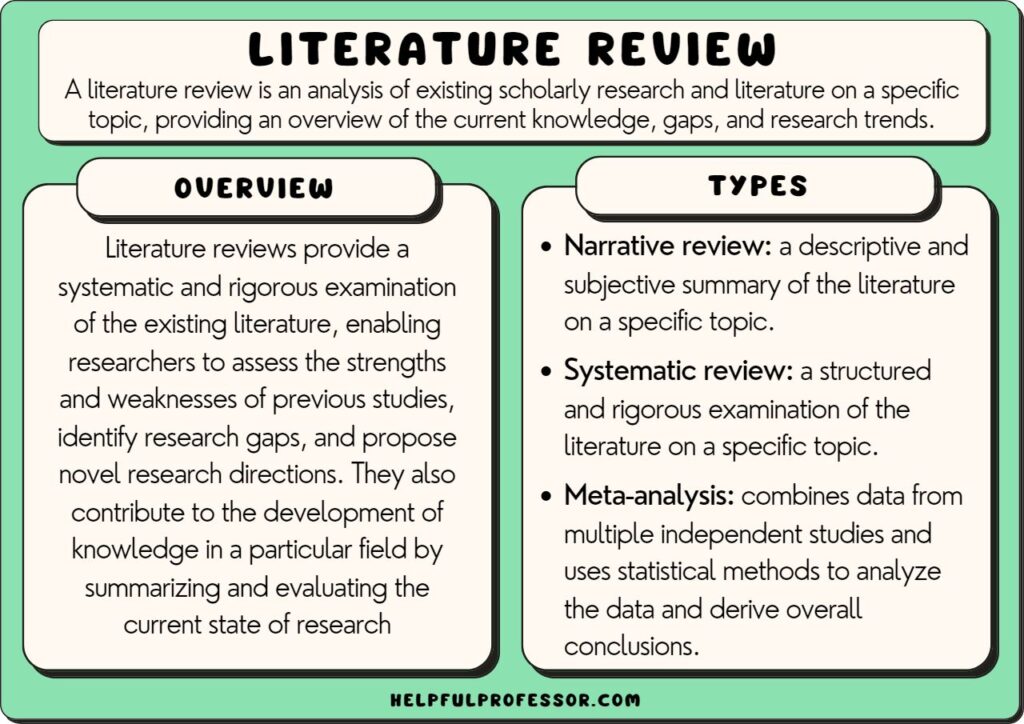

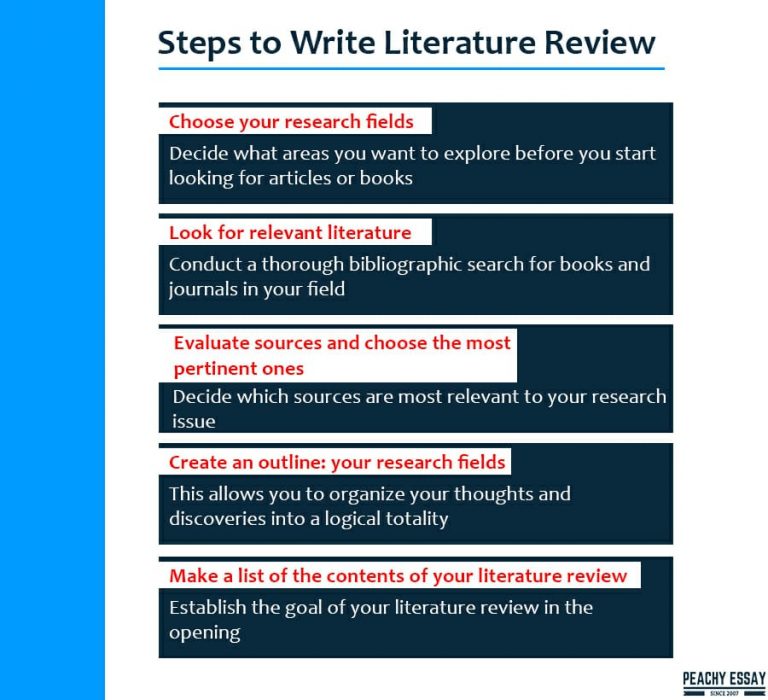
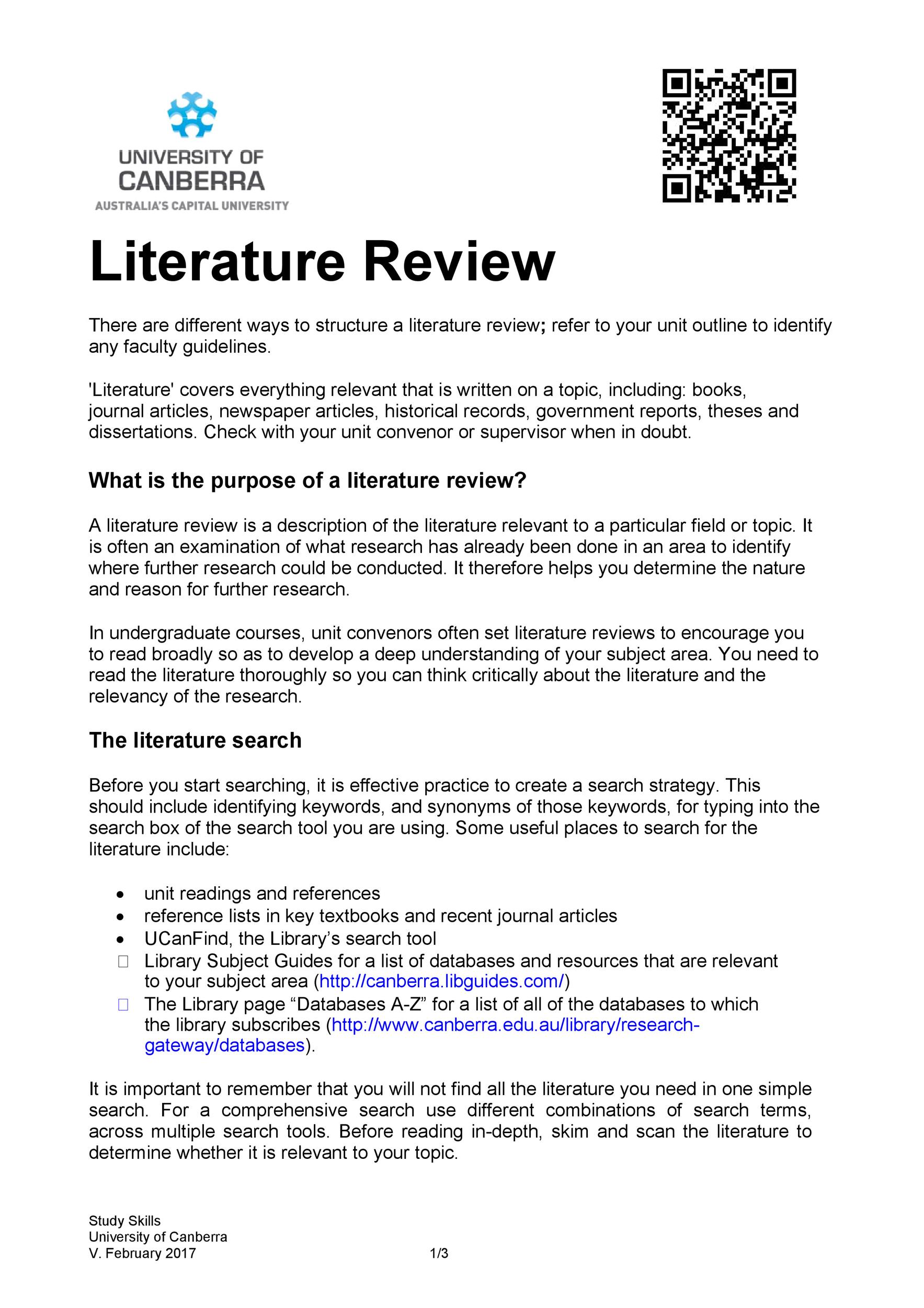

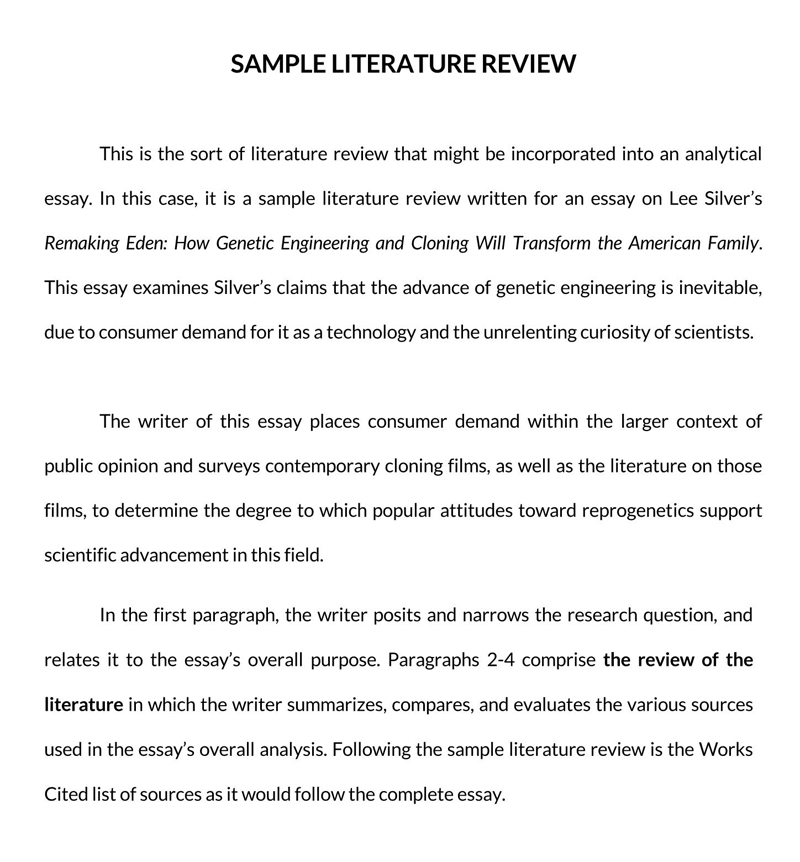

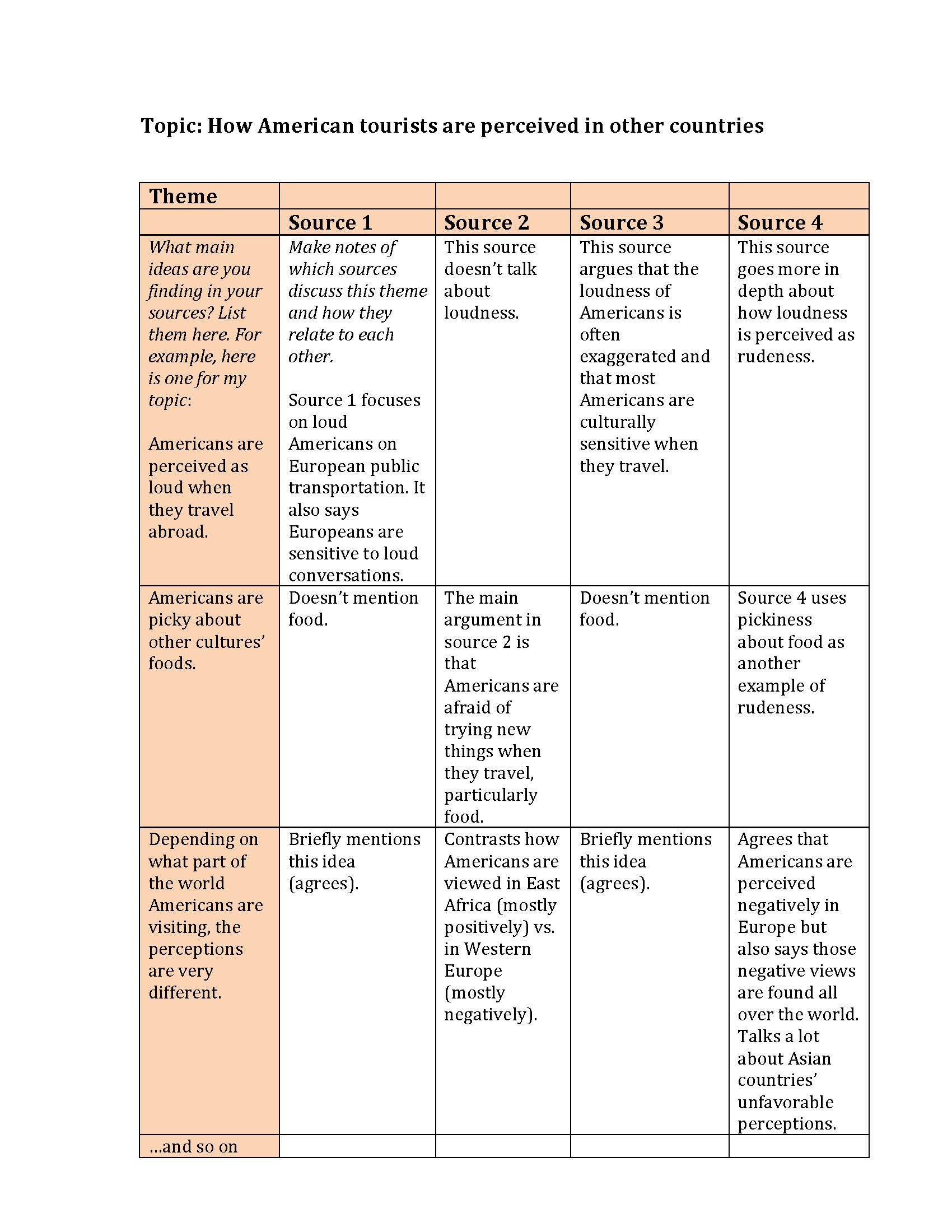
Closure
Thus, we hope this article has provided valuable insights into Exploring the Literary Landscape of "It Ends With Us": A Review of Scholarly Articles. We appreciate your attention to our article. See you in our next article!